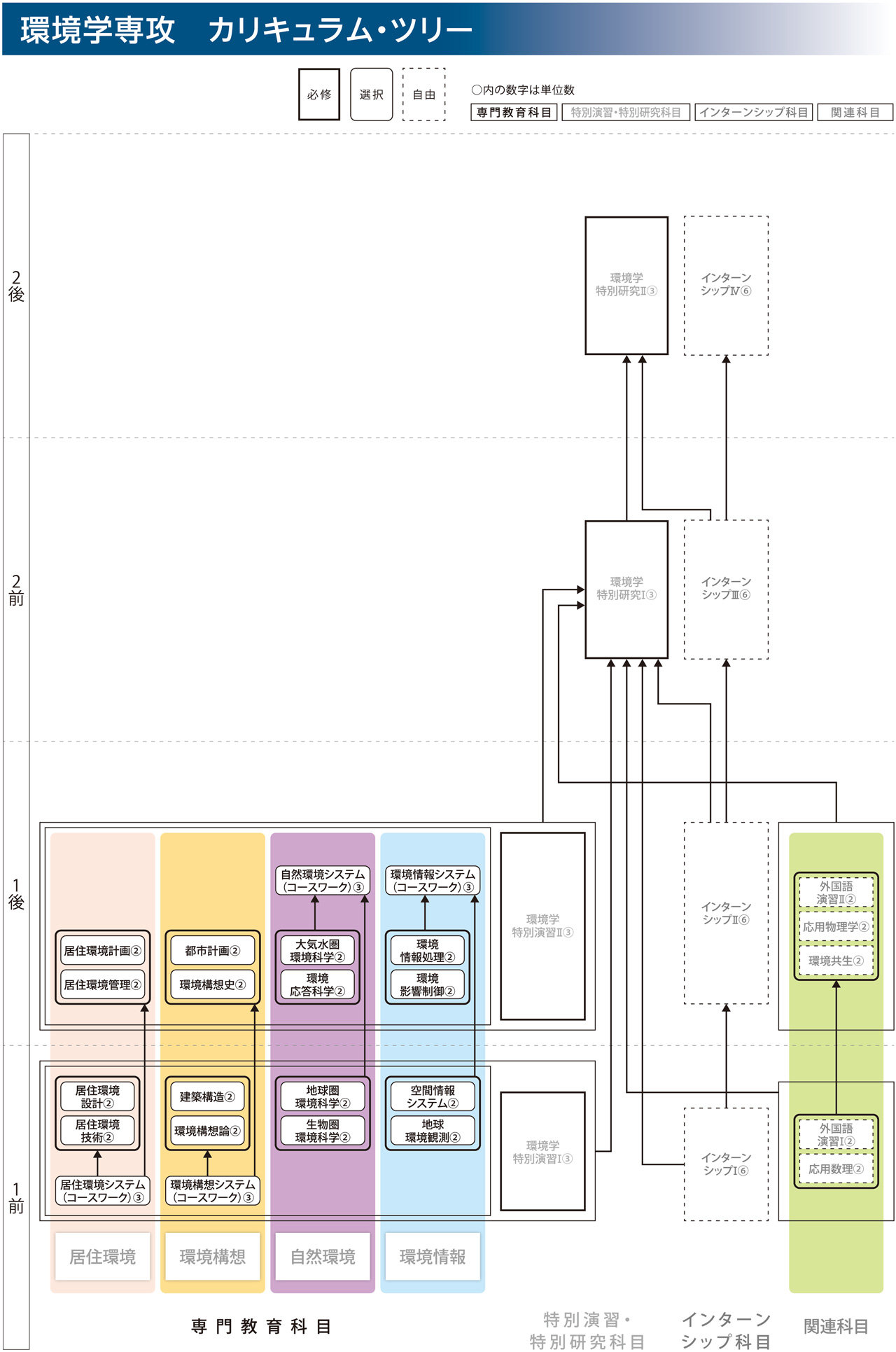- Faculty of Engineering
- Department of Electronics and Computer Engineering Department of Electrical Systems Engineering Department of Mechanical Systems Engineering Department of Intelligent Mechanical Engineering Department of Civil and Environmental Engineering Department of Architectural Engineering
- Faculty of Applied Information Science
- Department of Computer Science Department of Information and Communication Department of Information Systems and Management
- Faculty of Environmental Studies
- Department of Architectural Design Department of Global Environment Studies
- Faculty of Life Sciences
- Department of Clinical Engineering Department of Food Sciences and Biotechnology
- Graduate School
- Major in Intelligent Structure and Functional Science Major in Electrical and Electronic Engineering Major in Mechanical Systems Engineering Major in Civil and Architectural Engineering Major in Information Systems Science Major in Environmental Studies Major in Biological and Biomedical Engineering
Graduate School
Master's Program
Graduate School of Science and Technology
Major in Environmental Studies

Producing practical professionals who work on the construction of recycling-oriented societal systems that exist in harmony with the environment.
With the aim of contributing to the creation of recycling-oriented societal systems that exist in harmony with the environment, this major adopts a systematic and comprehensive approach to teaching practical knowledge and applicable skills in the four education and research areas of “Residential Environments,” “Environmental Conceptualization,” “Natural Environments” and “Environmental Information” in order to cultivate professionals who possess advanced expertise and technical competency, as well as the intellectual resources to provide multifaceted support for a knowledge-based society.
Areas of Study
-
Residential Environments
Planning and design of environmentally-friendly residential environments in the context of rural and urban development that incorporates environmental infrastructure and buildings. Students also pursue education and research into both theoretical and applied considerations related to safety, disaster resilience and comfort of artificial environments.
-
Environmental Conceptualization
With the aim of helping build a more environmentally-friendly and sustainable society, students pursue education and research into both theoretical and technological considerations relevant to the relationship between human lifestyle and the natural environment.
-
Natural Environments
Students explore the characteristics, mechanisms of change and impact of the geosphere, biosphere, atmosphere and hydrosphere. They will undertake education and research focused on the natural environment - from foundational knowledge to how to protect it - and incorporating theoretical investigation and real-world problem-solving methods.
-
Environmental Information
Students pursue education and research into both theoretical and applied considerations related to obtaining, processing/analyzing, performing environmental impact assessment and control, etc., of environmental information from information systems and earth observation satellites used to ascertain and analyze utilization of the natural environment and the changes associated with that utilization.
Curriculum

Japanese only






